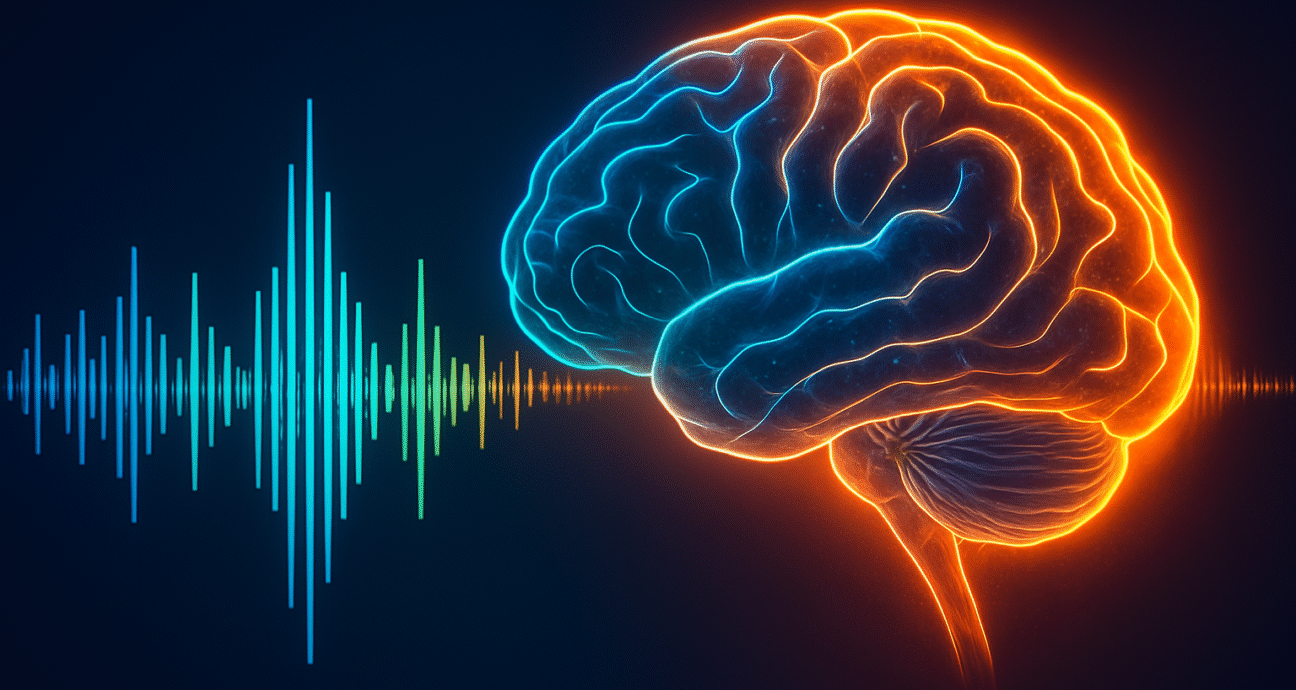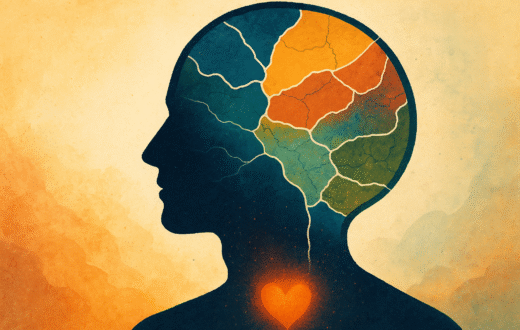How Sound Instantly Rewires Your Brain

What truly happens in the brain when we hear a rhythmic beat or a musical tone? A groundbreaking study by Aarhus University and the University of Oxford reveals that our brain doesn’t just perceive sound, it reorganizes its internal networks in real time.
Each tone, beep, or sequence of sound travels from the ear to the auditory cortex. But instead of simply registering the sound, the brain dynamically adjusts its own structure to respond. This new research, published in Advanced Science, shows that sound triggers a real-time reconfiguration of interconnected brain networks, each working at different frequencies.
The research team, led by Dr. Mattia Rosso and Associate Professor Leonardo Bonetti from the Center for Music in the Brain at Aarhus University, introduced a novel method called FREQ-NESS (Frequency-resolved Network Estimation via Source Separation). This cutting-edge approach uses advanced algorithms to identify overlapping brain networks based on their dominant frequency, then maps how these networks spread across the brain.
“We often think of brainwaves like alpha, beta, and gamma as isolated channels,” explains Dr. Rosso. “But our method reveals something far more dynamic: a brain constantly reshaping its internal activity based on frequency and context”.
Unlike traditional neuroimaging techniques that rely on preset frequency bands or limited brain areas, FREQ-NESS offers a data-driven, full-brain analysis with high spectral and spatial resolution. This opens the door to new applications in brain mapping, brain-computer interfaces, and clinical diagnostics.
According to Professor Bonetti, this is just the beginning:
“The brain doesn’t simply respond, it reconfigures itself. Now, for the first time, we can visualize this reconfiguration in real time. This could redefine how we understand consciousness, music perception, and even mind-wandering”.
The team is now launching a large-scale research initiative, involving an international network of neuroscientists. Because of its robustness across different experiments and datasets, FREQ-NESS may even lead to individualized brain network mapping, marking a new era in cognitive neuroscience.




